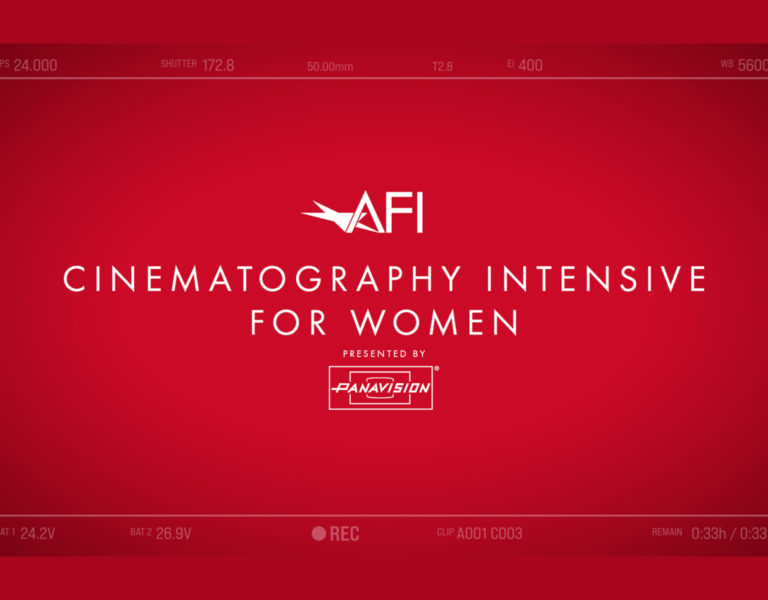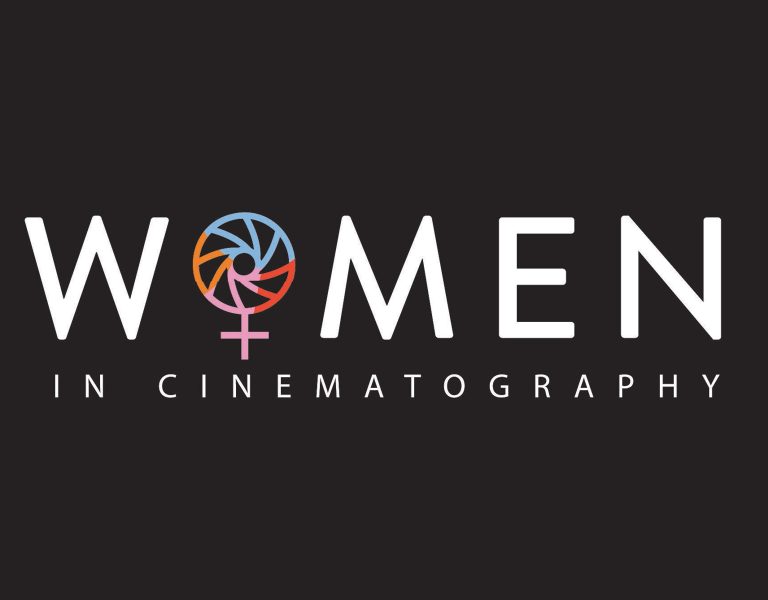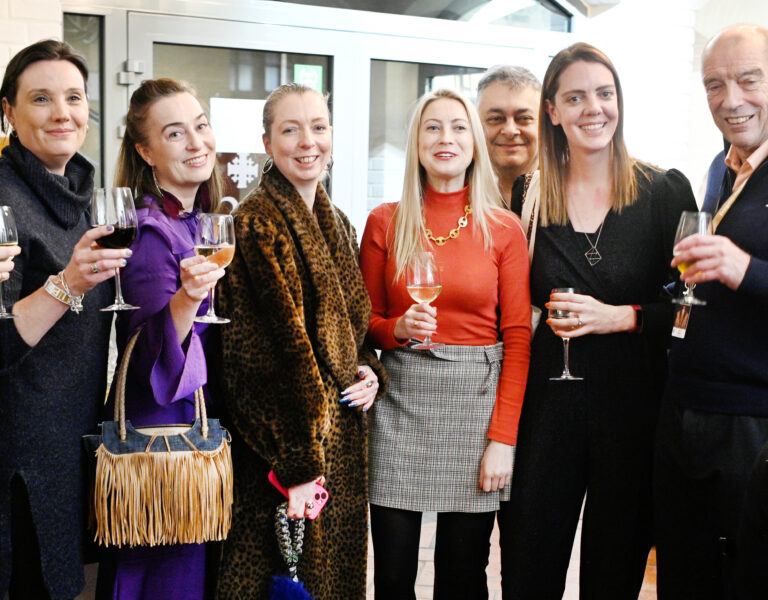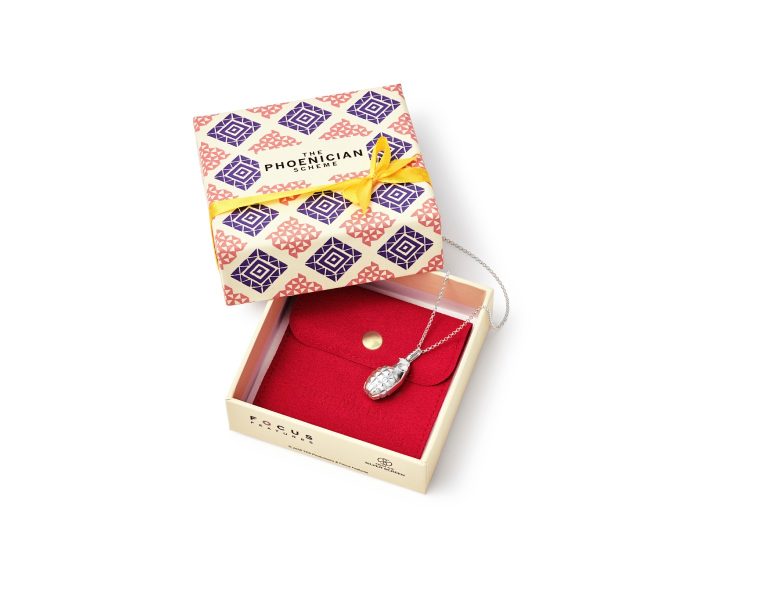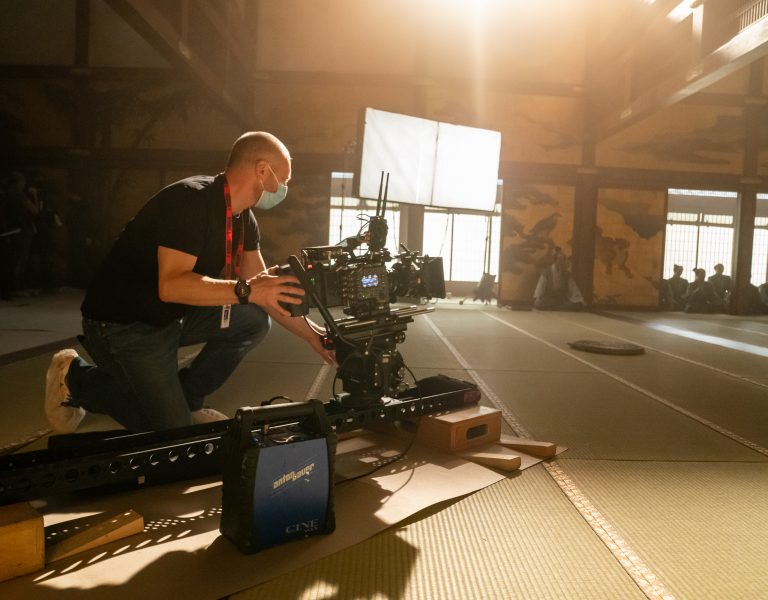INCLUSION IN MOTION
Global collective of filmmakers, Women in Cinematography, discusses its peaceful and positive mission to create change and its hopes for equality throughout the industry.
“We didn’t expect it to become so big and global,” Women in Cinematography (WIC) tells British Cinematographer, referring to the impact of the recently formed collective of women who work in the cinematography community, their petition, and the industry discussion and changes that followed.
While recognising Camerimage Film Festival “is a central event of the year for the global cinematography community” and that a huge amount of work is put into organising it by its leaders and team, Women in Cinematography was formed last year as a result of what the group viewed as a historical exclusion of all but a few women cinematographers at the festival. As WIC highlights, the collective was set up “because people care about the festival and consider it their duty to help it stay relevant within the cinematography community to continue attracting more guests, supporters, and sponsors”.
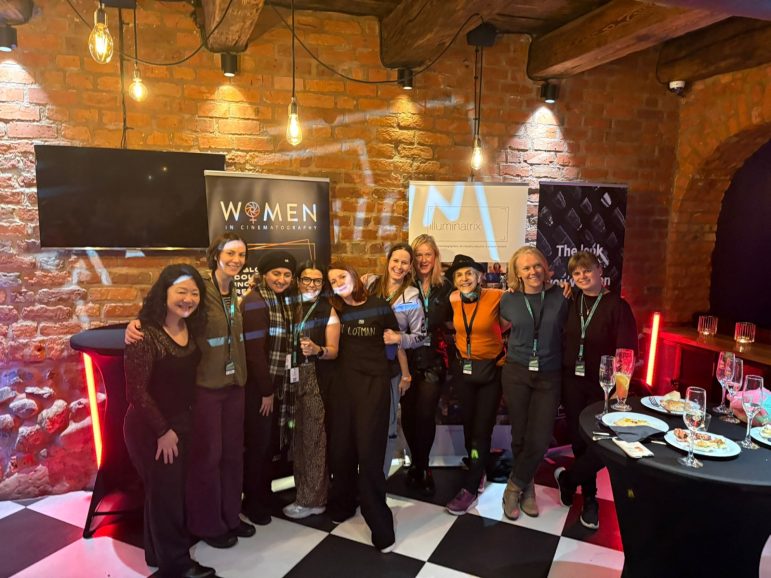
In June 2024, the festival reached out to UK female collective Women Behind the Camera (WBTC) asking for help creating a one-off event at Camerimage to celebrate the Polish Kujawsko-Pomorskie region’s Year of Brave Women. “A big conversation took place between many female members of WBTC and their connections all over the world about their history with the festival, as filmmakers and jury members, and the changes they had tried to create. Out of that discussion the WIC group and petition calling for change at Camerimage was formed,” says WIC.
As a result of the petition the festival took steps to collaborate with WIC by agreeing to publish a diversity and inclusion policy that WIC would draft, and Camerimage facilitating a number of seminars for WIC to organise at the 2024 event. The petition has now received more than 4,000 signatures and public pledges of support from over 50 leading cinematography societies, organisations and manufacturers.
Initially seeing it as an opportunity to involve many associations and collectives, WIC set their sights on creating a wider programme at the festival and conversation about representation. As the petition and momentum grew, more people wanted to get involved and the group with a shared vision continued to expand. WIC now has over 50 active members from across the world with founding instigators of the petition including collectives WBTC, IMAGO Diversity and Inclusion Committee, illuminatrix, fDOP, WIFT-tech, Crew United, Apertura, Primetime, and Indian Women Cinematographer Collective.
“Our strength is that between us we have so many contacts and friendships in different parts of the world and different collectives,” says WIC. “There’s never been such a global collective of cinematography associations and collectives which in itself has a power.”
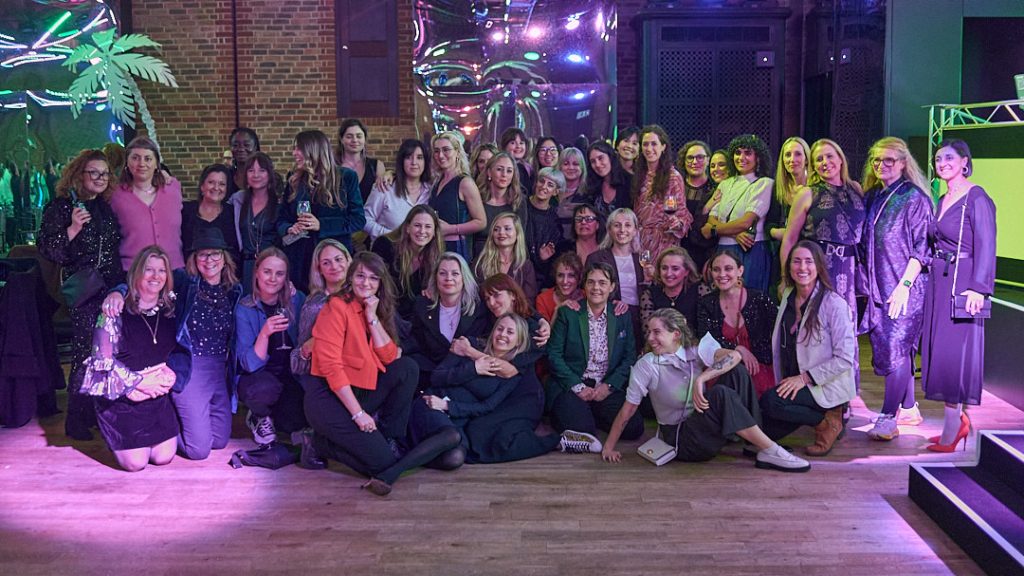
A fairer future
Following the petition and resulting successful and well-attended programme of panels WIC organised at Camerimage, the collective are determined not to walk away from what they have built and are setting their sights on organising more events and initiatives under the Women in Cinematography umbrella.
“WIC is a work in progress and now we’re trying to structure ourselves as an organisation because if we become a registered Community Interest Company rather than a charity, we could apply for funding, opening up possibilities to organise more events, online sessions, maybe training. People who were impressed by the Camerimage panels asked if we could do the same at their events,” say WIC.
They’re now in talks with events such as BSC Expo, Cine Gear, Manaki Brothers Festival, Evolution Mallorca International Festival, and Micro Salon, as well as groups such as Women in Media about how they can collaborate. They’re also in the process of building a website to showcase the work of all the collectives, societies, and organisations around the world.
“We’re considering organising a congress or summit two days before festivals or tradeshows, attaching ourselves to different events to build communities around the world,” says WIC. “The strength of a global network is that it is so far reaching, so there will always be people on the ground to get involved. It’s a pool of knowledge we can tap into.”
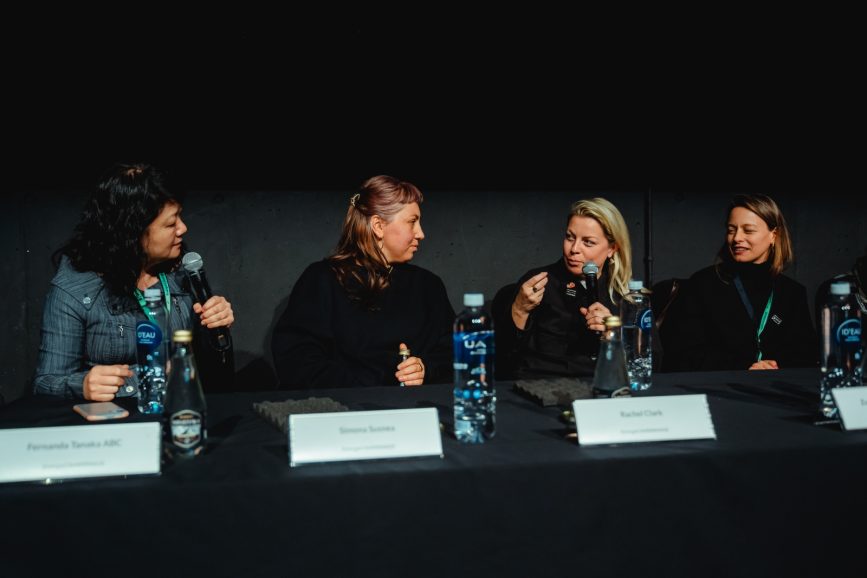
WIC’s campaign is still very specific to cinematography and representation in this area and the collective does not want to dilute their message by getting involved in wider conversations about gender politics in film just yet. “We’re trying to highlight the lack of representation in cinematography,” says WIC. “It will always be a peaceful and positive mission.”
Even though she is not part of the collective, WIC believes Cate Blanchett’s speech at the Camerimage closing ceremony echoes the collective’s thoughts and hopes for the future. “Cate’s comments about taking a risk on hiring a woman being no different to taking a risk on hiring a man align with our aim to educate people,” says WIC. “But often when we talk about diversity, the room is full of women. It’s not just women we need in those rooms. It’s men, it’s studios, and it’s those in hiring positions.”
illuminatrix has noticed some positive change in the British landscape since its formation in 2016. “Certainly in the UK, it feels like it’s not as big a battle as it was. The BSC also does amazing work and has its own D&I committee,” they say.
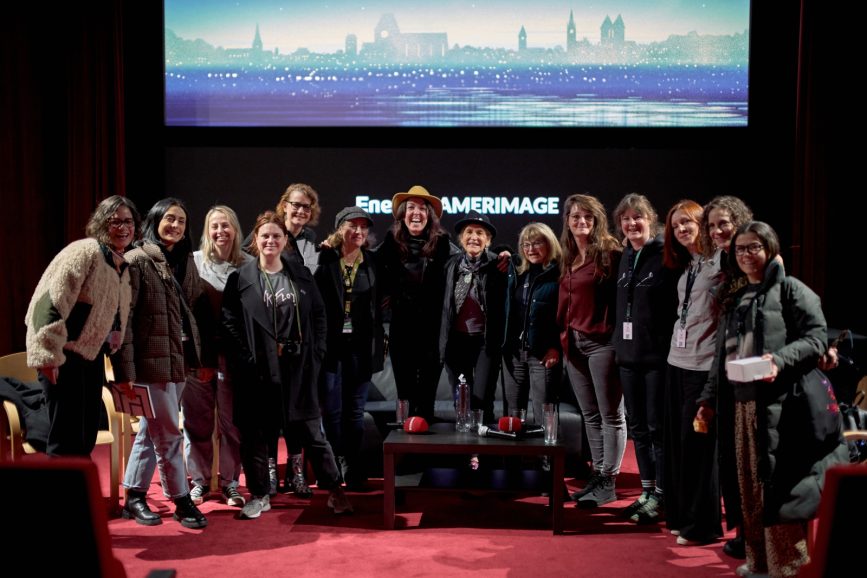
“I think women are finding it easier to get jobs now, and it feels like in the UK people are paying attention. This year’s Camerimage gave us the opportunity to speak to women from different countries, and made us appreciate that in the UK we’ve been having those conversations for longer and there’s more effort in terms of diversity and representation. Hopefully the global WIC network will support all other countries and bring these important conversations to the forefront.”
The panels organised at Camerimage under the Women in Cinematography banner have already helped educate people and “plant seeds”. An important meeting also took place at the festival between around 50 cinematography associations and collectives from around the world who support the petition and its broader aims.
“We all agree the industry needs to change and that meeting was a massive step because now we’re all in contact and can start working together. For example, the AFC (French Society of Cinematographers) is one of the most advanced societies in terms of equality for women, so it’s about sharing ideas and implementing things that work, such as an educational panel or a diversity and inclusion policy,” says WIC.
“We aim to focus on the work and cinematography in WIC events rather than just discussing the need for female representation. It’s about showcasing the talent of cinematographers.”
